"Croatia should apologize for WW2 genocide"
Former Canadian Ambassador in Belgrade James Bisset says that before joining the EU, Croatia should apologize for WW2 crimes.
Monday, 05.04.2010.
14:38

Former Canadian Ambassador in Belgrade James Bisset says that before joining the EU, Croatia should apologize for WW2 crimes. Croatia's accession, Bisset writes in an opinion piece published in Boston's Christian Science Monitor, has been pushed along "by traditional ally Germany, and by the United States". "Croatia should apologize for WW2 genocide" "Croatia has complied with most of the formal entry requirements and is expected to join in 2012. However, there is another – moral – requirement Croatia should have to meet for its own sake before being admitted. It should fully and publicly acknowledge its role in World War II as a loyal ally of the Nazi cause, and its ardent participation in genocide against its Serbian, Jewish, and Gypsy (Roma) populations," the Canadian diplomat writes. "The scattered, vague, and half-hearted denials masking as apologies that Croatia has used to improve its image in recent years don’t count. The country should come to grips with its genocidal role in the same way Germany has come to grips with its Nazi past," Bisset stressed. He also noted that the Serbian parliament "apologized for its role in the infamous Srebrenica massacre of 1995 that killed some 7,000 Bosnian Muslims". "Such an apology was considered unthinkable even a few years ago, yet the pressures of joining the EU helped nudge that nation to account for this war crime. It’s time Croatia did the same. Croatia has more than its share of apologies to make for crimes it committed during the Balkans conflict of the 1990s, but it can start with the massive killings it unleashed during World War II," Bisset writes. The former ambassador also notes that the estimates "vary between 300,000 and 700,000 victims were murdered by Croatian fascists during the war". "When Hitler’s forces invaded Yugoslavia in the spring of 1941, Croatian right-wing extremists, under the leadership of Ante Pavelic and his fascist Ustashi movement, were given control of Croatia," Bisset writes, explaining that what followed was "a horrific onslaught against the Serbian minority. The official policy was popularly expressed as: Kill one-third of the Serbs, convert another third to Roman Catholicism, and expel the remaining third from Croatia." "During the war, Serbian Orthodox churches were burned and many Serbian communities wiped out. Serbs, Jews, and Gypsies were interned in concentration camps, where thousands of victims were slaughtered like animals," the former envoy says, and adds: "Unlike Germans, who recognized the moral obligation to acknowledge their crimes committed under the Nazi regime, citizens of Tito’s Yugoslavia and the Croat state felt no such obligation. Consequently, the slaughtered victims and their surviving family members still await justice." For this reason, according to Bisset, before joining the EU, Croatia needs to "purge itself of its dark past". "Until Croatia can learn to tell the truth about its history, there should be no place for it in the European Union," he concludes.
"Croatia should apologize for WW2 genocide"
"Croatia has complied with most of the formal entry requirements and is expected to join in 2012. However, there is another – moral – requirement Croatia should have to meet for its own sake before being admitted. It should fully and publicly acknowledge its role in World War II as a loyal ally of the Nazi cause, and its ardent participation in genocide against its Serbian, Jewish, and Gypsy (Roma) populations," the Canadian diplomat writes."The scattered, vague, and half-hearted denials masking as apologies that Croatia has used to improve its image in recent years don’t count. The country should come to grips with its genocidal role in the same way Germany has come to grips with its Nazi past," Bisset stressed.
He also noted that the Serbian parliament "apologized for its role in the infamous Srebrenica massacre of 1995 that killed some 7,000 Bosnian Muslims".
"Such an apology was considered unthinkable even a few years ago, yet the pressures of joining the EU helped nudge that nation to account for this war crime. It’s time Croatia did the same. Croatia has more than its share of apologies to make for crimes it committed during the Balkans conflict of the 1990s, but it can start with the massive killings it unleashed during World War II," Bisset writes.
The former ambassador also notes that the estimates "vary between 300,000 and 700,000 victims were murdered by Croatian fascists during the war".
"When Hitler’s forces invaded Yugoslavia in the spring of 1941, Croatian right-wing extremists, under the leadership of Ante Pavelić and his fascist Ustashi movement, were given control of Croatia," Bisset writes, explaining that what followed was "a horrific onslaught against the Serbian minority. The official policy was popularly expressed as: Kill one-third of the Serbs, convert another third to Roman Catholicism, and expel the remaining third from Croatia."
"During the war, Serbian Orthodox churches were burned and many Serbian communities wiped out. Serbs, Jews, and Gypsies were interned in concentration camps, where thousands of victims were slaughtered like animals," the former envoy says, and adds:
"Unlike Germans, who recognized the moral obligation to acknowledge their crimes committed under the Nazi regime, citizens of Tito’s Yugoslavia and the Croat state felt no such obligation. Consequently, the slaughtered victims and their surviving family members still await justice."
For this reason, according to Bisset, before joining the EU, Croatia needs to "purge itself of its dark past".
"Until Croatia can learn to tell the truth about its history, there should be no place for it in the European Union," he concludes.












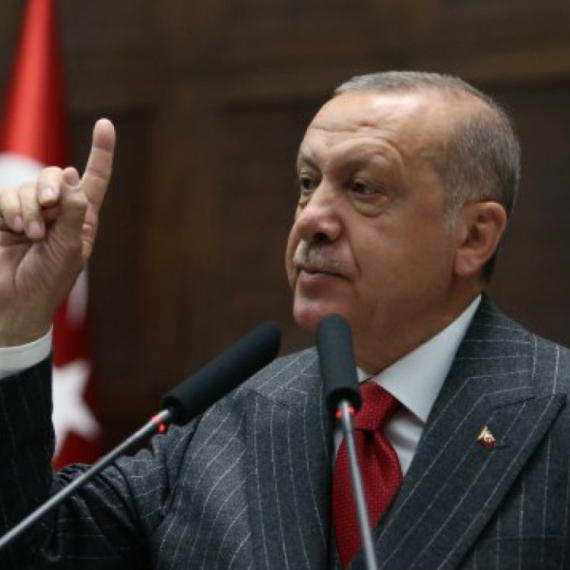




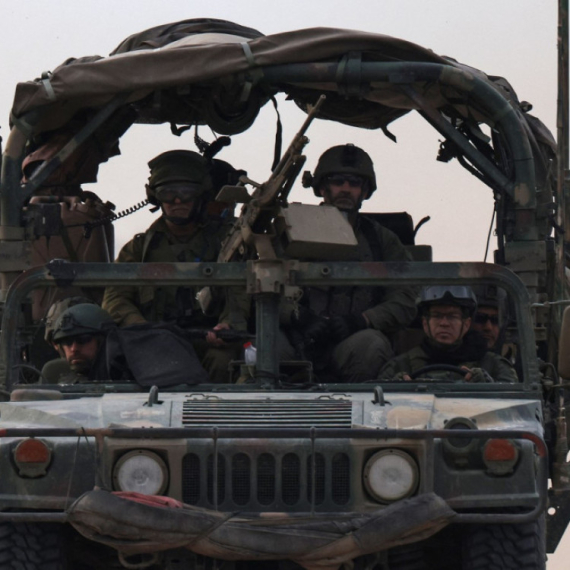
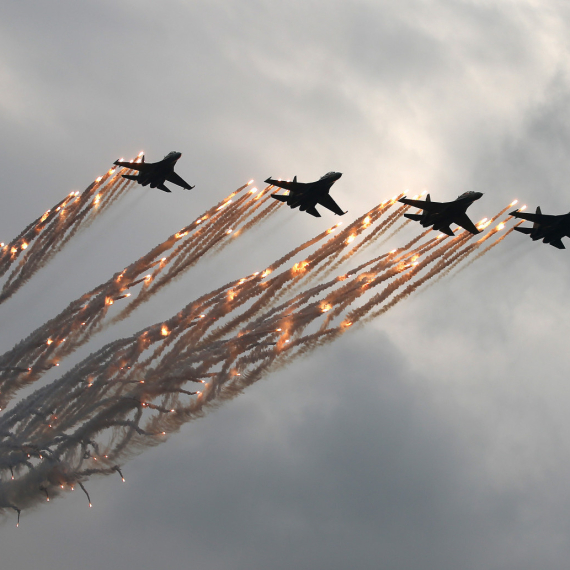

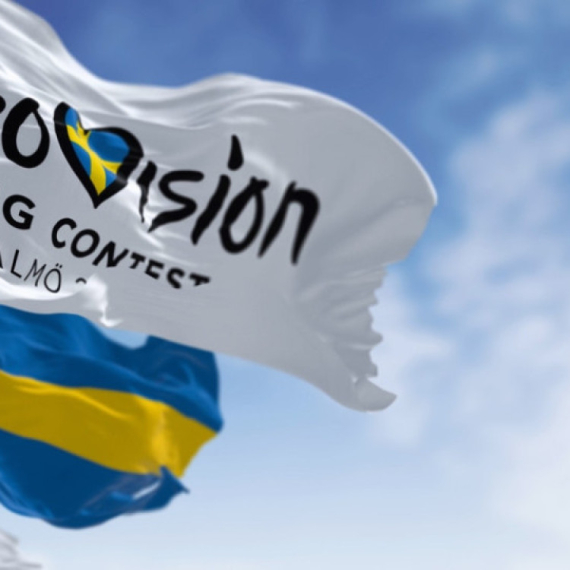
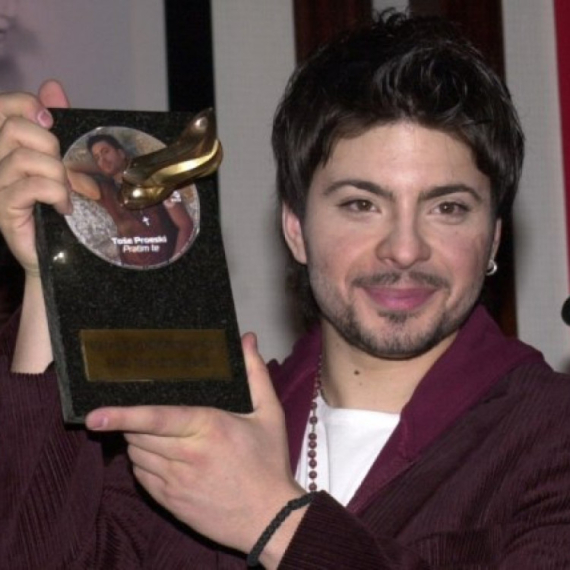

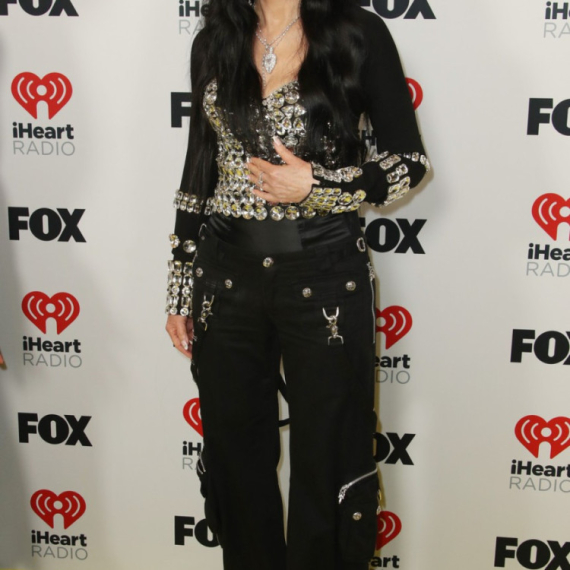
























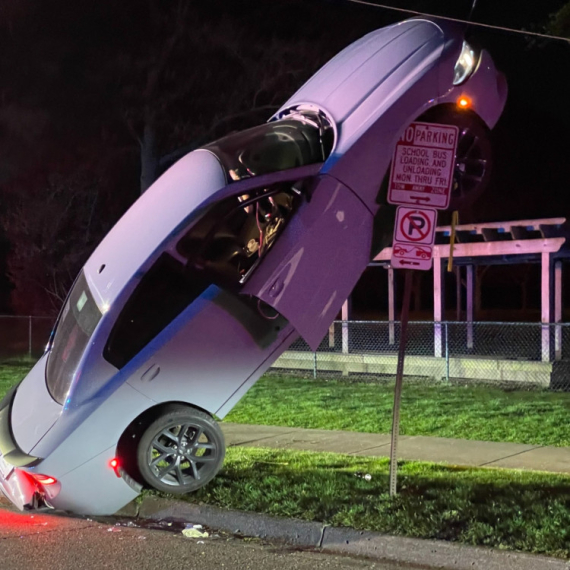

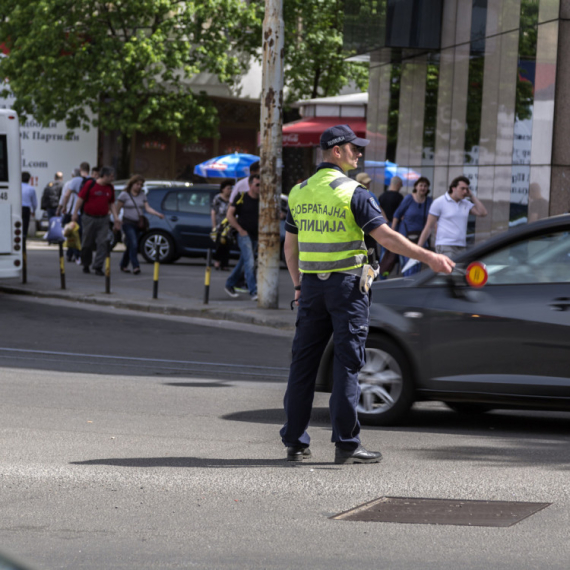



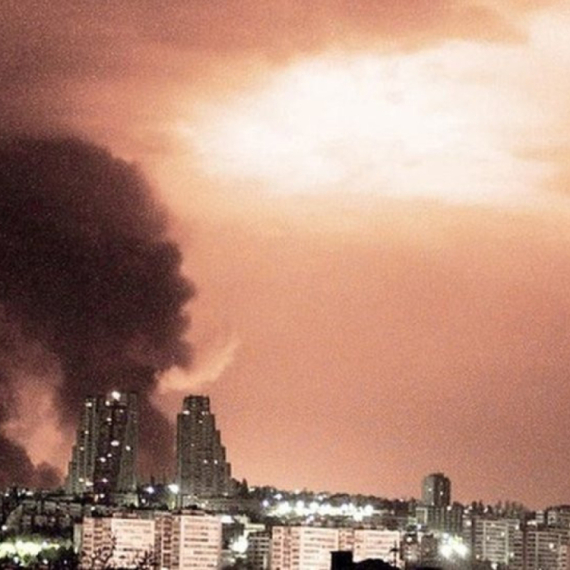
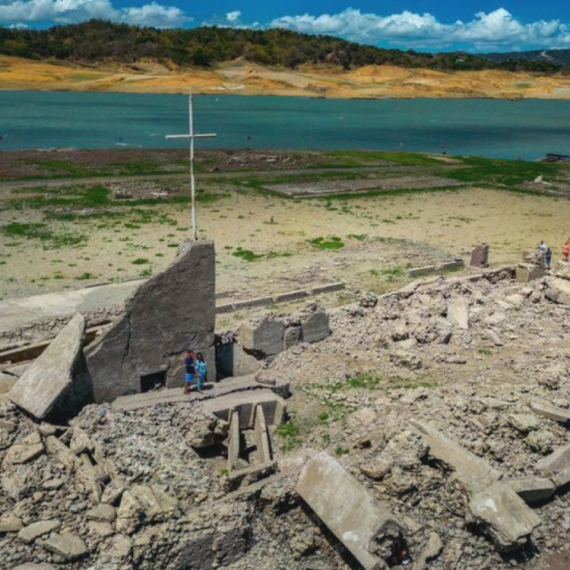



Komentari 49
Pogledaj komentare